5335 Meadows Rd, Suite 388
Lake Oswego, OR 97035
At Northwest Private Lending, we believe in transparent, honest, straightforward lending. Throughout the hard money lending process, we cut the red tape and keep terms simple and understandable for our clients. Below you’ll see a few common terms that are associated with hard money lending.
Traditional loan payments include several moving parts. A portion of the payment is allocated to interest and, typically, a portion goes towards property taxes and insurance which the lender pays on the borrower’s behalf. Additionally, these loans are amortized and therefore the final portion is applied to the principal balance of the loan. Most Hard Money loans call for interest-only payments. This allows the borrower to make the minimum monthly payment. Taxes and insurance are then the sole responsibility of the borrower. Principal payments are at the discretion of the borrower and can be paid at times throughout the life of the loan. It is most common for the loan to be paid in full either through the sale of the property or through a conventional refinance.
These terms are often used interchangeably and refer to the fee a lender charges to make a loan to a borrower. The origination fee will vary by lender but will commonly be anywhere from 2% (2 points) to 6% (6 points) of the loan amount. This fee covers the lender’s cost of doing business. Points allow the lender to recoup their expenses upfront. Hard Money lenders customarily charge higher origination fees than conventional lenders, as Hard Money loans are generally very short-term, lasting only a year or two, allowing very little time for costs to be absorbed by the business. To find out more about our rates and terms click here.
Loan to Value is a percentage calculated by dividing a loan amount by the value of the property. Hard Money lenders usually determine the value using a variety of resources rather than a traditional appraisal. It is common for lenders to establish their own maximum LTVs. This LTV requirement can change based on location, type of real estate, property condition, the borrower’s intentions for the property and the transaction type (i.e. purchase or refinance).
An Asset-Based Loan is a loan secured by collateral. Collateral can be any number of things, such as a house, car, land, equipment, etc. A pawn shop is a familiar example of an Asset-Based Lender. A pawn shop specializes in making small, short-term loans on real property that a person owns. Hard Money Lenders do this same thing on a larger scale.